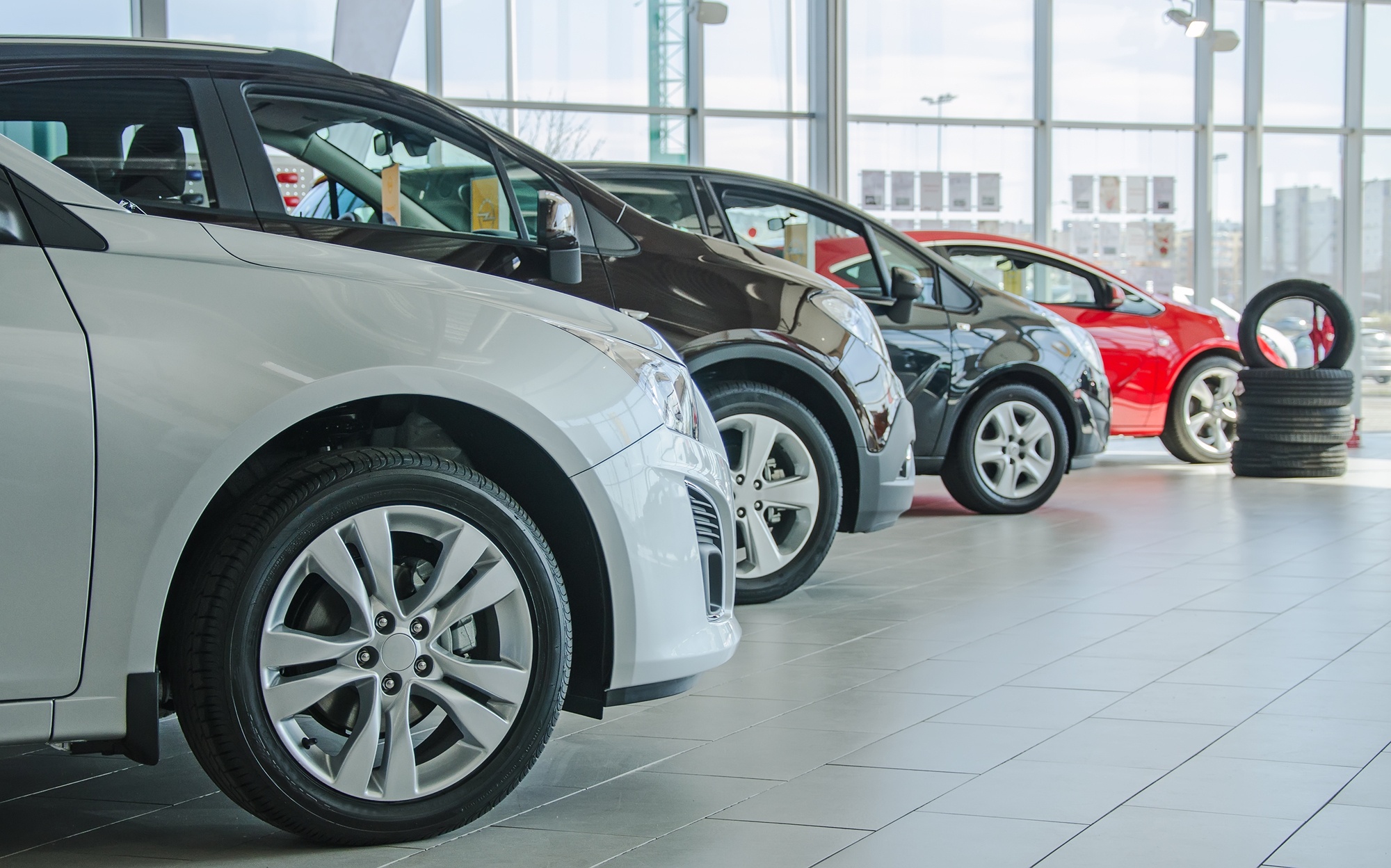 For some people buying a car is a no-brainer. They either definitely want a brand new car, or they prefer to go with a used car. There’s probably little you can say to change their minds. However, if you are on the fence or simply aren’t aware of all the ramifications of buying new and buying used, you’re in luck.
For some people buying a car is a no-brainer. They either definitely want a brand new car, or they prefer to go with a used car. There’s probably little you can say to change their minds. However, if you are on the fence or simply aren’t aware of all the ramifications of buying new and buying used, you’re in luck.
We are here to tell you the differences from the benefits to the disadvantages of new and used cars. You are the only one who can decide what is best for you, but we can offer you some food for thought.
Whether you buy new or used, it is still a significant purchase that you need to spend some quality time researching.
The Benefits of a New Car
Well, for one thing, it’s new. Nobody else has ever owned it, and it's only been taken for test drives. Low mileage, all the bells and whistles you could ever want, and no toddler has spilled chocolate milk all over the upholstery.
It’s nice being able to have something that has never belonged to someone else. You can put your stamp on it. You get to be the one to learn its personality. You can pick the paint color, the upgrade package, everything. The dealer probably has several of each color on the lot so you can drive off in it right away. Alternatively, you can order a car that will have exactly what you want.
Another perk of new cars is that, if your credit score is good, you can buy one with little to no down payment. Many auto manufacturers offer incentives for new vehicles that you won't see with used.
- You may receive a rebate from the manufacturer during or after purchase.
- A cash incentive may be offered.
- The dealer may offer discounted financing.
New cars tend to come with warranties that cover any repairs you may require, although new cars typically need very few repairs in the first years of ownership. All you need to do is provide the proper maintenance.
Of course, you want to be sure to do maintenance in accordance with the owner's manual, so the warranty remains in effect.
New cars have the latest and greatest gadgets. They often get the best gas mileage and have a speedometer and gas gauge that can tell you how many miles per gallon you are getting, your average speed during your most current trip, and other goodies. Emissions are lower and more technology comes standard than in past models. For instance, you will probably get USB charging stations, so you don't have to rely on a lighter - which in some cars is now non-existent.
Because of the updates in a new car, it may also be safer than a model just a couple of years old. The number of airbags that are standard in most new cars has increased over the past few years. Tires come with pressure monitoring caps on the valves. Automatic braking, blind spot alerts, and other new gadgetry come on the market every year.
New Car Disadvantages
The biggest disadvantage is the depreciation a new car suffers the moment you drive it off the lot. It’s nothing for a new car to lose 20% of its value upon purchase. Since a new car carries a bigger price tag than used, that can be a grave injury to your wallet.
Not only is the price higher, but you pay more in sales tax and also for insurance when a car is new. It’s easy to get upside down on a car that doesn’t hold its value.
One more thing… if this is a new model that was just redesigned, you have no idea how well any of the changes will hold up under use.
The Advantages of a Used Car
To begin with, a used car costs less to buy. You don’t take the depreciation hit you do with a new car. If you select a vehicle that holds its value well, you may be able to resell it later for about as much as you paid. You can save money by getting a model you really want, or you can buy more car for the same amount of money than you could if you were buying new.
Insurance rates for used cars are usually lower than for new. If you are part of a demographic that gets charged more for premiums, a used car can save you some expense. You also have a good idea of how the car has performed in the past and, hopefully, you will get a copy of the vehicle's maintenance records.
Here’s one benefit for those who prefer particular option packages. You may not be able to get that same package anymore unless you buy a used car that has it.
Used Car Disadvantages
A used car may require more repairs and maintenance since the parts are beginning to wear. A vehicle history report will tell you of any accidents or major damage the car suffered in the past. You may also wish to have it inspected by a disinterested third party so some of your costs savings may go towards paying for that.
There are other downsides to a used car.
- Except in specific instances, a warranty will not be available. If you can get a warranty, it will be more limited than those for new cars.
- You may not be able to find the color you want, or you won't really like any of the colors available.
- Some used cars don’t depreciate as much as others so you may not see much savings on the price. The same holds true for used cars with low mileage or expensive add-ons.
- Popular used cars tend to be priced higher.
Finding a good used car may take more legwork than deciding on a specific make and model, driving to the dealer, and buying it.
What About Certified Pre-Owned Cars?
A certified pre-owned car is a fairly new car with low mileage that is being sold by the brand’s dealership network.
- They have not been in a major accident.
- They have been inspected and refurbished by the manufacturer with stock parts.
- The depreciation has already occurred.
- Many come with a warranty or at least a slightly better warranty than the typical used car.
You will pay more for certified pre-owned than used, but you still save money off the price of a new car while enjoying a car in good repair.
As we said before, it’s all up to you. Read through these benefits and disadvantages to decide what you can live with or afford, and what you can’t. This decision isn’t one size fits all. Both new and used cars have their advantages.






